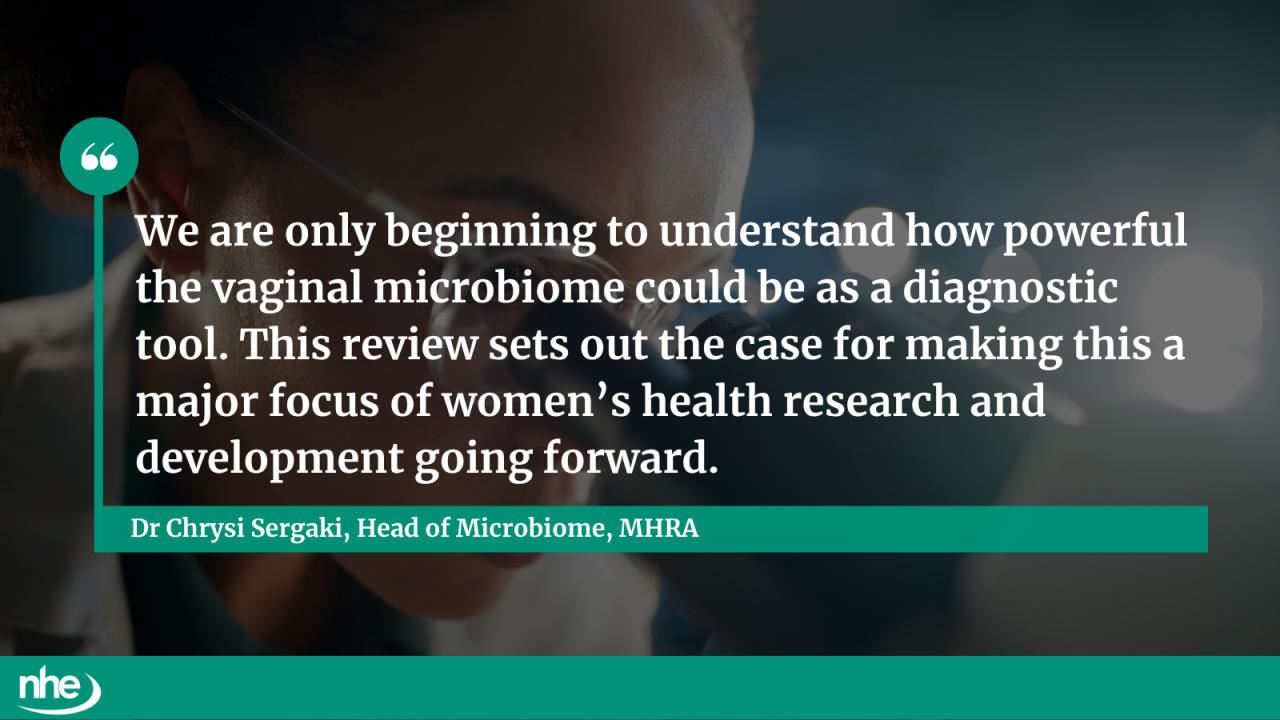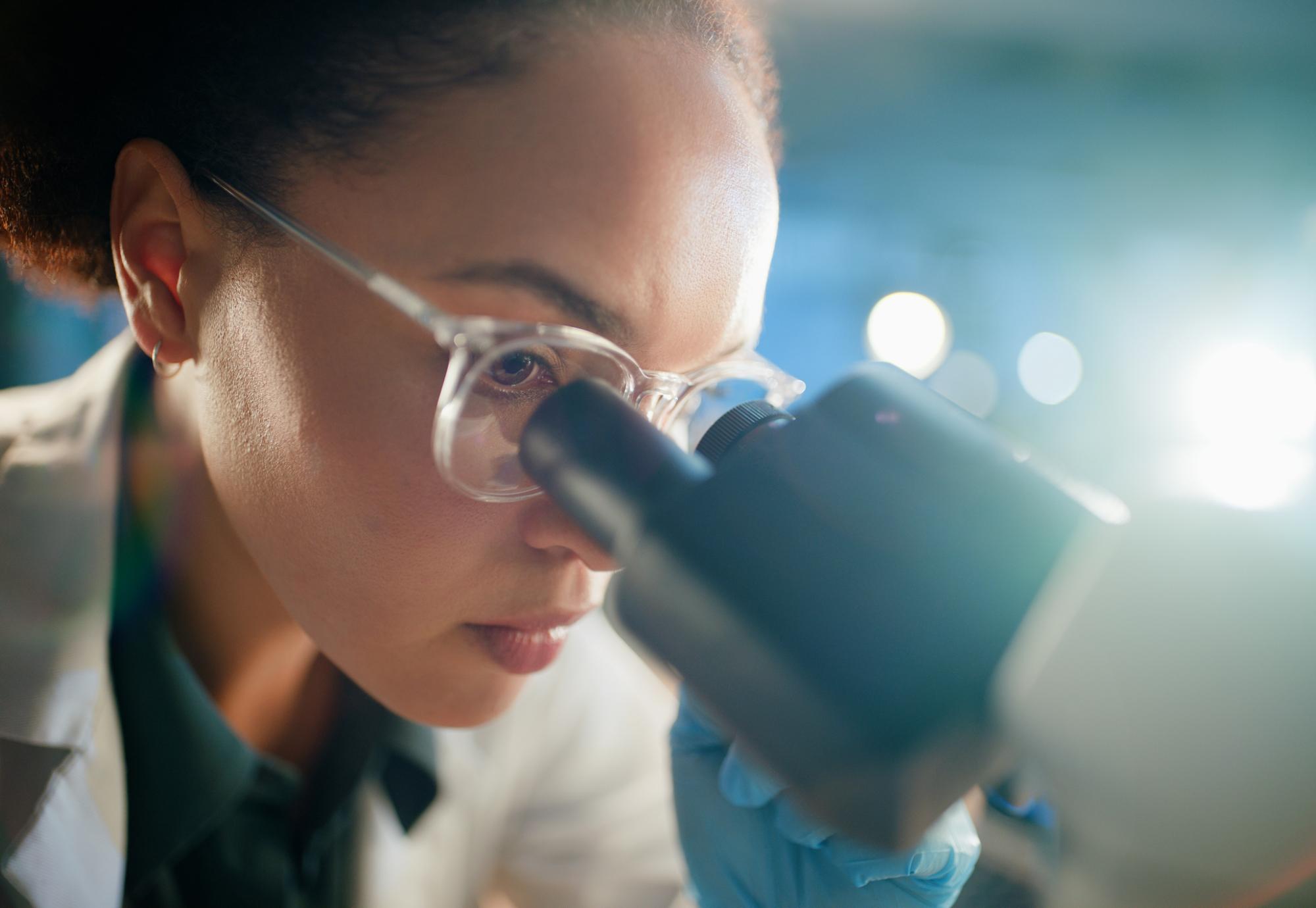A new review co-authored by the Medicines and Healthcare products Regulatory Agency has highlighted the vaginal microbiome as a critical but under-researched area of medicine that could revolutionise diagnosis and treatment for millions of women.
The review, conducted in collaboration with researchers from King’s College Hospital London, the University of Liverpool, Ewha Women’s University, and Biowave W Seoul, outlines how microbiome-based diagnostics could offer earlier, more accurate, and personalised care for conditions such as infertility, miscarriage, preterm birth, gynaecological cancers, and menopause-related complications.
While the gut microbiome has received significant attention, research into the vaginal microbiome has lagged behind. Yet this dynamic ecosystem plays a vital role in reproductive health, infection prevention, and immune function throughout a woman’s life.
The MHRA is actively supporting innovation in this field by:
- Developing clearer guidance for microbiome-based tests
- Creating physical standards to ensure reproducibility across studies
- Supporting faster DNA testing in hospitals to identify infections within 48 hours
- Collaborating on antibiotic resistance surveillance using microbiome tools
Head of Microbiome at the MHRA, Dr Chrysi Sergaki, said:
“We are only beginning to understand how powerful the vaginal microbiome could be as a diagnostic tool. This review sets out the case for making this a major focus of women’s health research and development going forward.”

The review also highlights the historic underrepresentation of women in clinical trials, which has hindered progress in understanding female-specific conditions. Women make up just 37% of participants in many trials, with male-only studies nearly twice as common as female-only ones. Pregnant and breastfeeding women are represented in only 1.1% and 0.6% of trials respectively.
Ana Sofia Da Silva, from the Department of Urogynaecology at King’s College Hospital London, also commented:
“This is an exciting time for women’s health microbiota diagnostics - we’ve spent the past 15 years understanding what is normal, and not. Now vaginal microbiota tests are being developed that can help identify pathology and guide treatment. I look forward to these being brought into routine clinical practice in the next 5-10 years to improve outcomes for women and girls.”
To address these gaps, the MHRA is working with the Health Research Authority (HRA) and the National Institute for Health and Care Research (NIHR) to promote inclusive trial designs, improve preclinical modelling, and ensure diverse representation in future studies.
Image credit: iStock



















